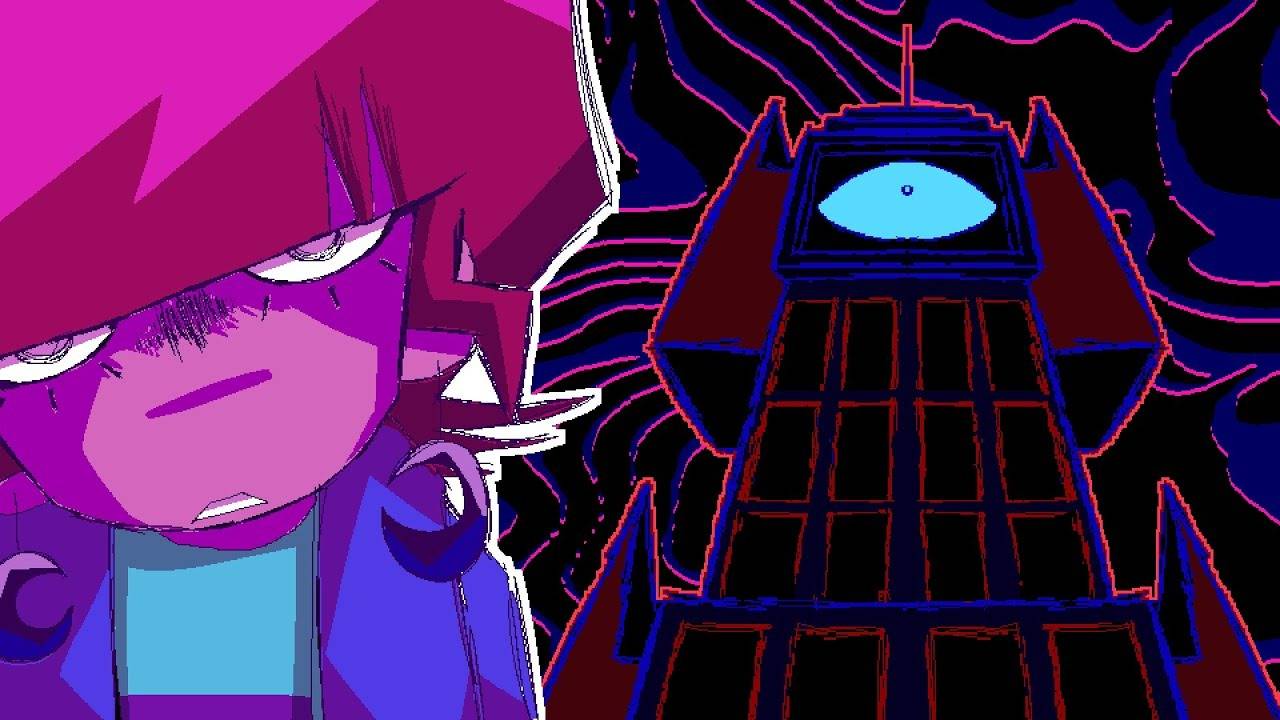Beyond WarioWare: How Mindwave Transforms a Nintendo Classic into a Narrative Masterpiece
Popular Now
 Rust
Rust
 PUBG Mobile
PUBG Mobile
 R.E.P.O
R.E.P.O
 Gacha Club
Gacha Club
 Toca Boca World
Toca Boca World
 Among Us
Among Us
 League of Legends
League of Legends
 Auto X Drift Racing 3
Auto X Drift Racing 3
 Genshin Impact
Genshin Impact
 The Legend of Zelda
The Legend of Zelda 
Nintendo’s WarioWare series stands as a testament to the power of microgames—blinking, reflex-based challenges that test a player’s wit and speed in bursts of a few seconds. It’s a concept that has been imitated, but never truly built upon, until now. The indie developer HoloHammer’s highly anticipated game, Mindwave, doesn’t just replicate the frenetic energy of its inspiration; it uses it as a foundation for a rich, cerebral, and emotionally resonant narrative. What begins as a familiar series of lightning-fast mini-games quickly evolves into a deeply personal journey through the minds of its characters, elevating the genre into an art form and setting a new standard for narrative-driven gameplay. The game’s demo alone has garnered “overwhelmingly positive” reviews, a clear sign that this new approach is a certified hit with gamers looking for something fresh and meaningful.
A Story Woven into the Microgames
Unlike WarioWare, which presents its microgames as a chaotic, disconnected medley, Mindwave integrates them directly into its central plot. You play as Pandora, a young introvert competing in a futuristic, high-stakes game show called “Mindwave.” The twist is that the microgames you play are not randomly generated; they are “cerebral battles” that take place within the minds of your opponents. This revolutionary narrative framework means that every single game, from catching a runaway cat to avoiding a barrage of kisses, is a symbolic representation of another character’s personality, memories, and traumas. This transforms a simple reflex test into a psychological dive, a form of interactive empathy where you are quite literally delving into someone else’s consciousness. This unique connection between gameplay and story is a brilliant piece of design, creating a level of emotional investment that is completely new to the genre.
The game’s aesthetic, a blend of psychedelic visuals and an art style reminiscent of “Invader Zim,” further enhances this psychological journey. Each opponent’s mindscape is a visually distinct and often bizarre reflection of their inner world. The game doesn’t just ask you to react; it asks you to understand. Success isn’t just about fast reflexes; it’s about piecing together a puzzle about the person you’re “fighting.” This adds a layer of depth and strategy that simply doesn’t exist in traditional microgame collections. It’s a high-concept, indie gem that leverages a classic gameplay loop for something far more profound.
 High-Value Content and a Thriving Community
High-Value Content and a Thriving Community
The critical and commercial success of Mindwave‘s demo highlights a key trend in the gaming industry: players are willing to invest in high-quality, high-concept indie titles. The game’s Kickstarter campaign, which raised over $440,000, shattered its initial goal, proving that a strong vision and an exceptional demo can generate massive revenue and a dedicated fan base. The enthusiastic community that has formed around Mindwave is a testament to its compelling nature, with players creating fan art, sharing theories, and analyzing the psychological underpinnings of each microgame. This organic, community-driven marketing is a goldmine, with players essentially becoming brand ambassadors for the game.
The promise of a compelling narrative, an engaging art style, and a surprisingly deep gameplay loop has positioned Mindwave as a leading title to watch. With an estimated full release in September 2027, the anticipation is building, and the game is already a trending topic across social media and content platforms. This success story proves that building on a beloved classic is not just about imitation; it’s about innovation. Mindwave doesn’t just borrow from Nintendo; it pays homage to it by asking what is possible when you add heart, soul, and a compelling story to the simple, satisfying formula of a microgame.









 High-Value Content and a Thriving Community
High-Value Content and a Thriving Community